Your Chance of an Early Death Rises with Every Bite of Ultra-Processed Food: A Deep Dive into the NOVA Classification and Street Food Risks in India
Introduction:
The growing evidence linking ultra processed food to a higher risk of premature death has raised alarm worldwide. According to a new meta-analysis of over 240,000 individuals(in USA), every additional bite of ultra processed food increases the likelihood of an early death. The NOVA classification system, which categorizes food based on the level of processing, has been central to understanding the impact of what we eat on our long-term health.
In this article, we explore how India’s food habits, particularly in the context of street food, may be deceptively unhealthy, despite not always fitting into the traditional definition of ultraprocessed food.
The NOVA Classification:
The NOVA classification system was developed by researchers at the University of São Paulo in Brazil and divides foods into four groups based on the extent of processing. Here’s a breakdown of these groups, with examples from Indian cuisine:
🥇 Group 1: Unprocessed or Minimally Processed Foods
Natural foods with minimal processing.
Examples (Indian):
- Fresh fruits (e.g., mango, banana, papaya)
- Fresh vegetables (e.g., spinach, tomatoes, cauliflower)
- Whole grains (e.g., brown rice, whole wheat roti)
- Fresh dairy (e.g., milk, yogurt)
- Eggs
- Fresh nuts (e.g., almonds, cashews)
Health Impact:
⭐⭐⭐ Best for health — Nutrient-dense, high in fiber, vitamins, and minerals. Protective against diseases like obesity, heart disease, and diabetes.
🥈 Group 2: Processed Culinary Ingredients
Extracted substances from Group 1 foods used in cooking.
Examples (Indian):
- Ghee
- Mustard oil, coconut oil
- Jaggery, refined sugar
- Salt, honey
- Tamarind paste
- Vinegar
Health Impact:
⭐ Useful in moderation — Essential for flavor and proper cooking. However, overuse (especially of sugar, salt, and oil) can be harmful.
🥉 Group 3: Processed Foods
Group 1 foods with added ingredients like sugar, salt, oils.
Examples (Indian):
- Paneer (Indian cottage cheese)
- Cheese
- Bread (e.g., white bread, pav)
- Pickles (often with high salt content)
- Canned vegetables (e.g., tinned peas)
- Sweets (e.g., ladoo, burfi)
- Canned fruit juices (not fresh)
Health Impact:
⚠️ Acceptable if eaten occasionally — Moderate processing. Overconsumption can lead to high blood pressure, weight gain, and metabolic diseases.
🚫 Group 4: Ultra-Processed Foods (UPFs)
Industrial formulations of ingredients, often with additives like colors, flavors, and preservatives.
Examples (Indian):
- Instant noodles (e.g., Maggi, Top Ramen)
- Packaged snacks (e.g., chips, namkeen, biscuits)
- Soft drinks (e.g., Coca-Cola, Pepsi)
- Packaged fruit juices (with added sugars, preservatives)
- Fast food (e.g., burgers, pizza from fast food chains)
- Frozen foods (e.g., frozen pizzas, ready-to-eat meals)
- Ice creams (store-bought, with artificial additives)
- Packaged energy drinks (e.g., Red Bull, Mountain Dew)
Health Impact:
❌ Linked to obesity, heart disease, diabetes — Best to minimize these foods as they are nutrient-poor and packed with unhealthy fats, sugars, and chemicals.
The Hidden Dangers of Street Food: Momo, Pani Puri, and More
In India, many foods that do not fit the NOVA classification as ultra processed may still pose significant health risks. Consider momos and pani puri — these are beloved street foods, yet they carry hidden dangers:
- Momos: While they may seem like a simple snack made from dough and meat or vegetables, they are often made in unhygienic conditions, with poor-quality ingredients. In many street vendors, there’s little to no traceability in terms of ingredient sourcing, hygiene standards, and food safety protocols. The high amounts of oil and preservatives used in the sauces and fillings make them far more harmful than they appear at first glance.
- Pani Puri: Known for its flavor, pani puri is another street food that can be deceiving. While it doesn’t look like ultra processed food, the water used in preparing the puris is often contaminated with bacteria, and the fillings may be made from low-quality ingredients. Despite not being packaged or “ultra processed,” they still carry significant health risks due to poor hygiene and the use of artificial additives.
The Real Impact of Street Food
While it’s true that many Indian foods are not as ultra processed as those in the West, street food such as momos and pani puri rank among the most dangerous in terms of health risks. Though they may not be packaged or processed in the traditional sense, they still pose a major health hazard due to:
- Lack of Hygiene: Most street vendors operate in environments with poor sanitation, increasing the risk of foodborne illnesses.
- Unregulated Ingredients: Many of the ingredients used, especially oils and additives, are not standardized or quality-controlled.
- Chemical Additives: Even though they may not look like ultraprocessed foods, these street foods often contain additives to enhance taste and texture, making them unhealthy.
What Can You Do?
- Prioritize Fresh, Whole Foods: Stick to the natural, unprocessed options in Group 1. The healthier your diet, the more protected you’ll be from diseases like obesity, heart disease, and diabetes.
- Be Mindful of Street Food: If you must indulge in street food, choose vendors that maintain good hygiene standards, and avoid frequent consumption of items like momos and pani puri that are often made in less-than-ideal conditions.
- Limit Processed and Ultra-Processed Foods: Moderation is key when it comes to Group 2, 3, and 4 foods. Avoid consuming soft drinks, fast food, and snack foods on a regular basis.
Conclusion:
The rising trend of ultra processed foods globally is concerning, and it’s essential to be aware of what we eat. In India, we may not consume ultraprocessed foods as frequently as in Western countries, but we still consume a large amount of unhealthy foods in the form of street food. These may not fit neatly into the ultraprocessed category, but their hygiene issues, low-quality ingredients, and use of additives make them more dangerous than they appear. Let’s be mindful of what we eat and prioritize whole, unprocessed foods for better health.

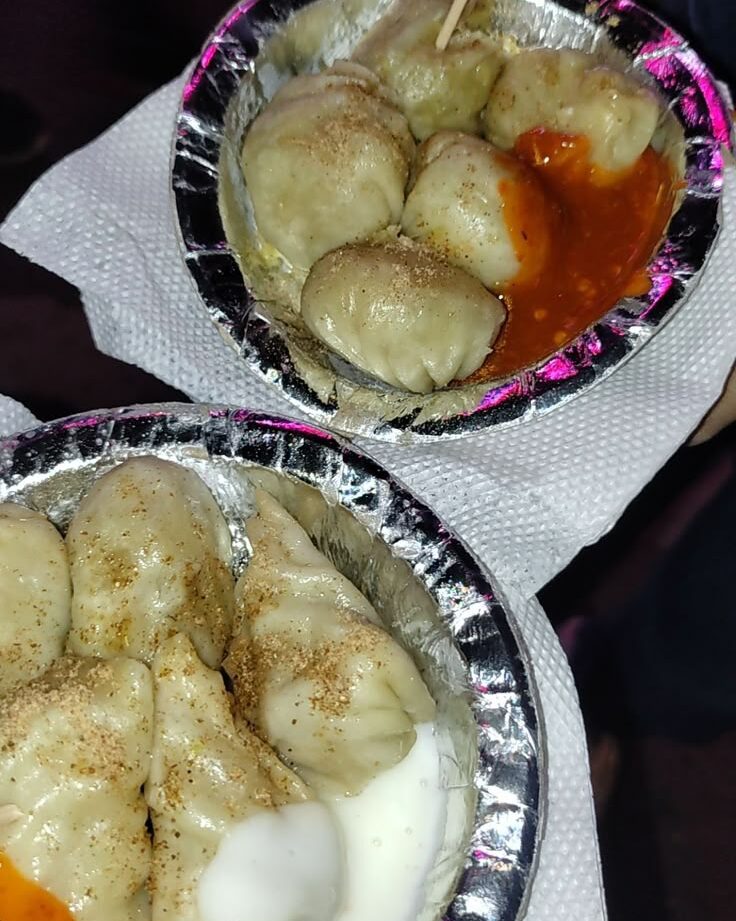

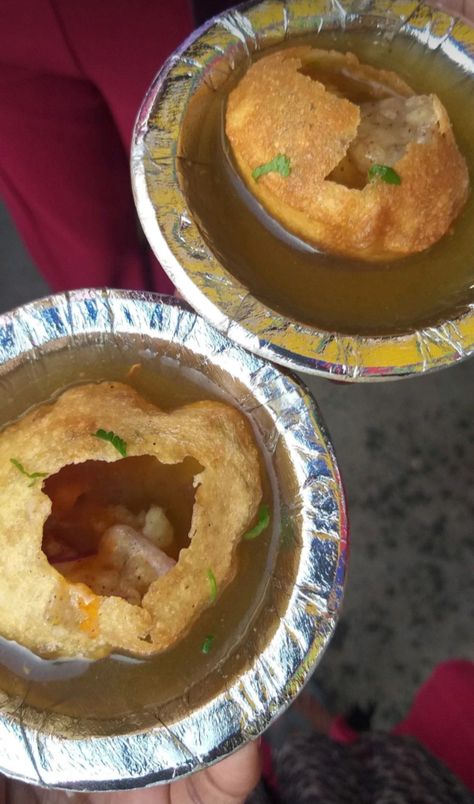
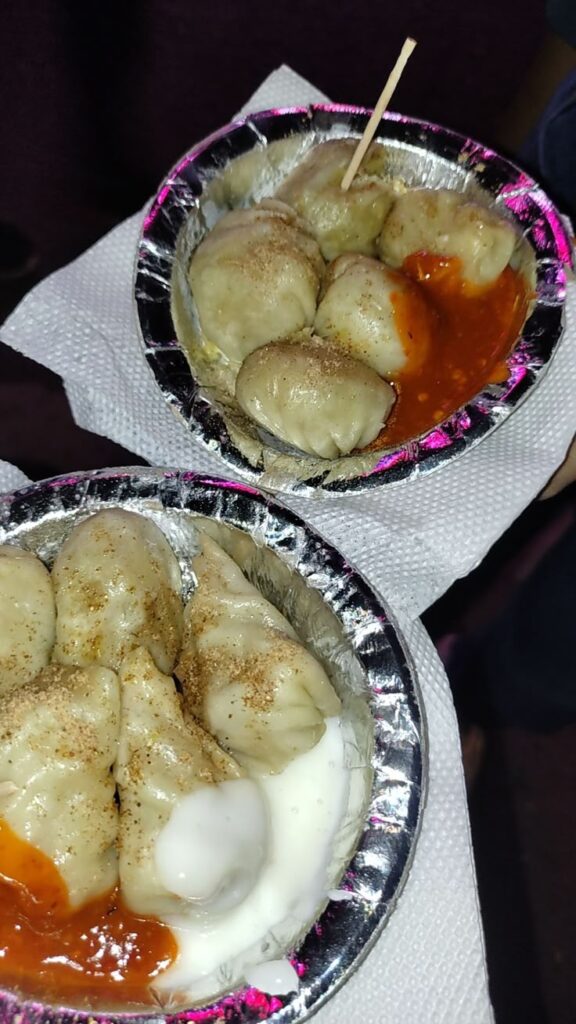
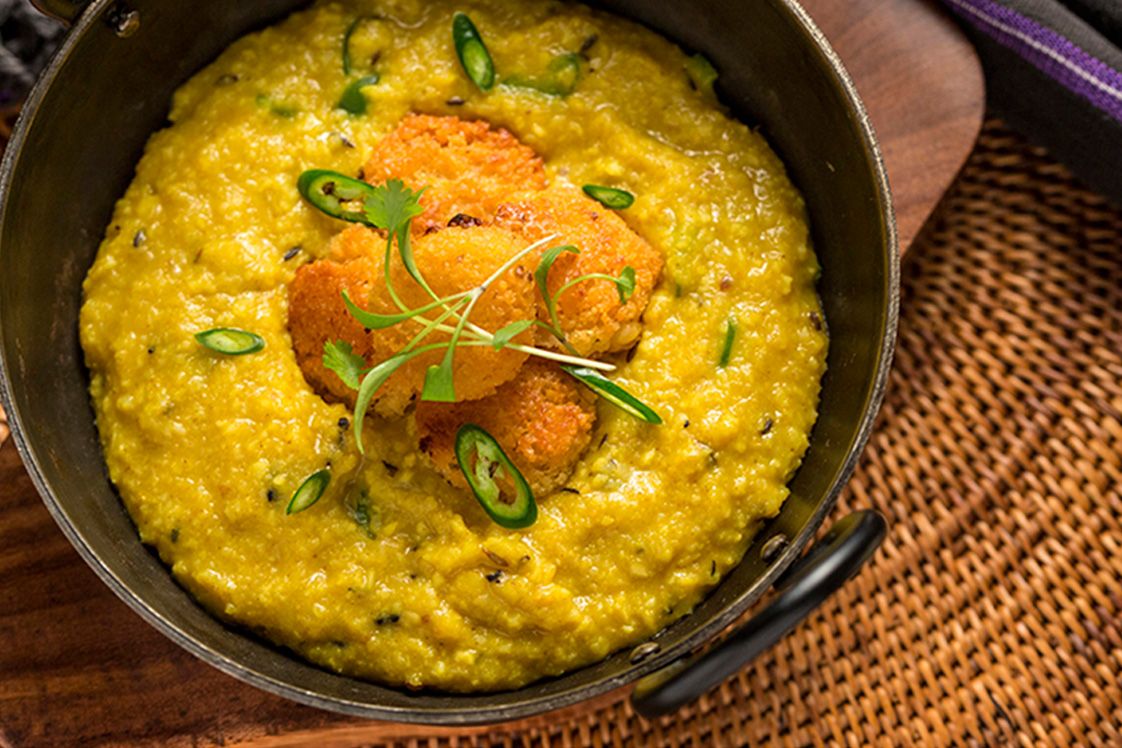
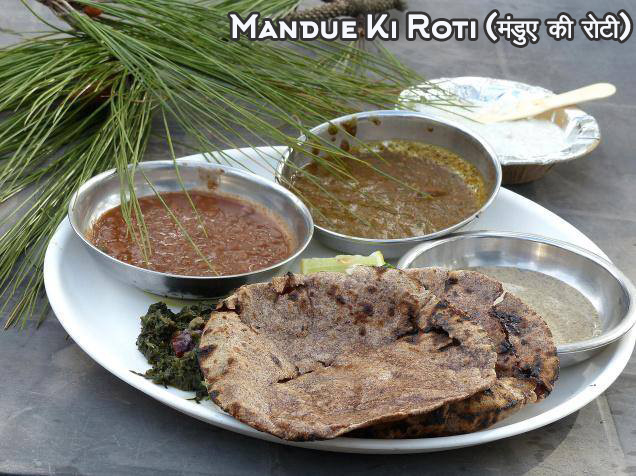
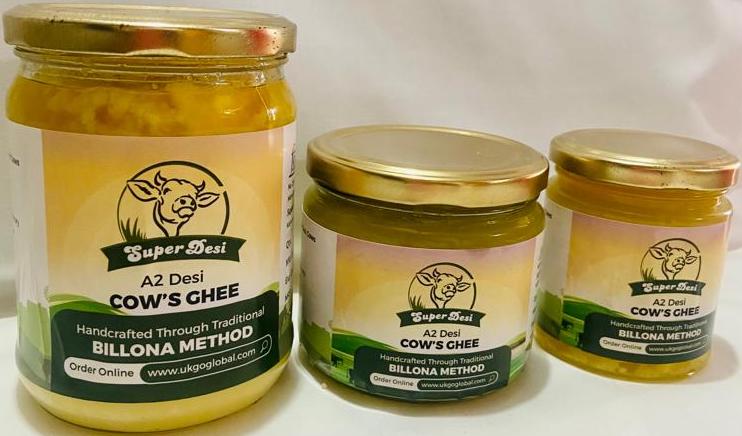

Recommending Yes !
I would recommend Superdesi smoked ghee to everyone who is looking for a healthy addition to their daily eating routine. The flavour is sure to add a new dimensions even to your favourite foods!
Furthermore, I was pleasantly surprised in the quick delivery of this product as compared to the estimated delivery. Thank you team Superdesi for such a genuine product!!